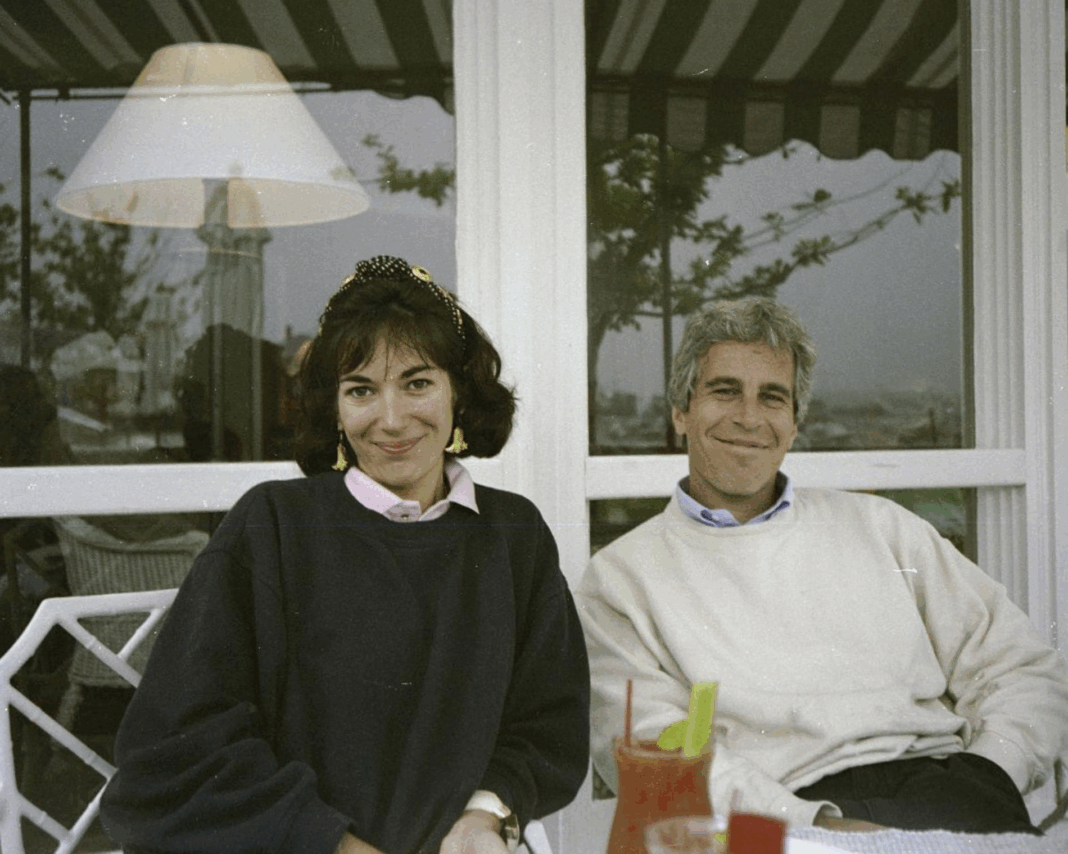- U.S. District Judge Richard M. Berman denied the Justice Department’s request to unseal grand jury transcripts and exhibits from the 2019 Epstein case.
- The judge said the materials are narrow, largely secondhand, and “pale in comparison” to the broader investigative files already held by the government.
- Berman warned disclosure could threaten victims’ privacy and safety; it’s the third recent denial of similar unsealing bids in Epstein-related matters.
The Big Picture
On Wednesday, Aug. 20, 2025, Judge Richard M. Berman rejected the Justice Department’s bid to unseal grand jury materials from United States v. Epstein, finding the move unnecessary under grand jury secrecy rules and potentially harmful to victims. In his written order, he noted the request “pales in comparison” to the far larger investigative file the government already possesses (court order).
Read the Court Ruling (DocumentCloud)
What’s New
The government sought to unseal about 70 pages of transcripts from two 2019 grand jury sessions, a PowerPoint presentation, four pages of call logs, and letters from victims and their attorneys. According to the ruling, no victims testified; the only witness was an FBI agent whose account summarized others’ statements. Berman wrote that unsealing would add little to the public record and could expose or retraumatize victims, while the far larger trove of investigative documents remains within government control.
What They’re Saying
Context
The decision follows other recent denials to unseal grand jury materials in Epstein-related matters, including a ruling concerning Ghislaine Maxwell, who is serving a 20-year sentence for sex trafficking. Epstein died by suicide in custody in 2019 while awaiting trial. Over decades, he sexually abused hundreds of girls and women and maintained ties with powerful figures. While today’s ruling keeps narrowly tailored grand jury records sealed, the judge underscored that a much larger set of investigative files remains with the government.
DOJ Filing
On July 18, 2025, the Department of Justice moved to unseal limited grand jury materials in the Epstein case—about 70 pages of transcripts from two 2019 sessions, a PowerPoint exhibit, a four-page call log, and letters from victims and their attorneys. Read the filing: United States’ Motion to Unseal Grand Jury Transcripts.
What’s Next
The Justice Department can appeal, but federal courts rarely authorize disclosure of grand jury materials absent exceptional circumstances. Public scrutiny is likely to focus on whether the government releases any portion of its broader investigative files through other channels.
The Bottom Line
The grand jury transcripts were always a small slice of the record. The judge’s message is clear: if the public is to learn more, it will come from the government’s larger Epstein case files—not from this limited, hearsay-heavy material.
A global media for the latest news, entertainment, music fashion, and more.














